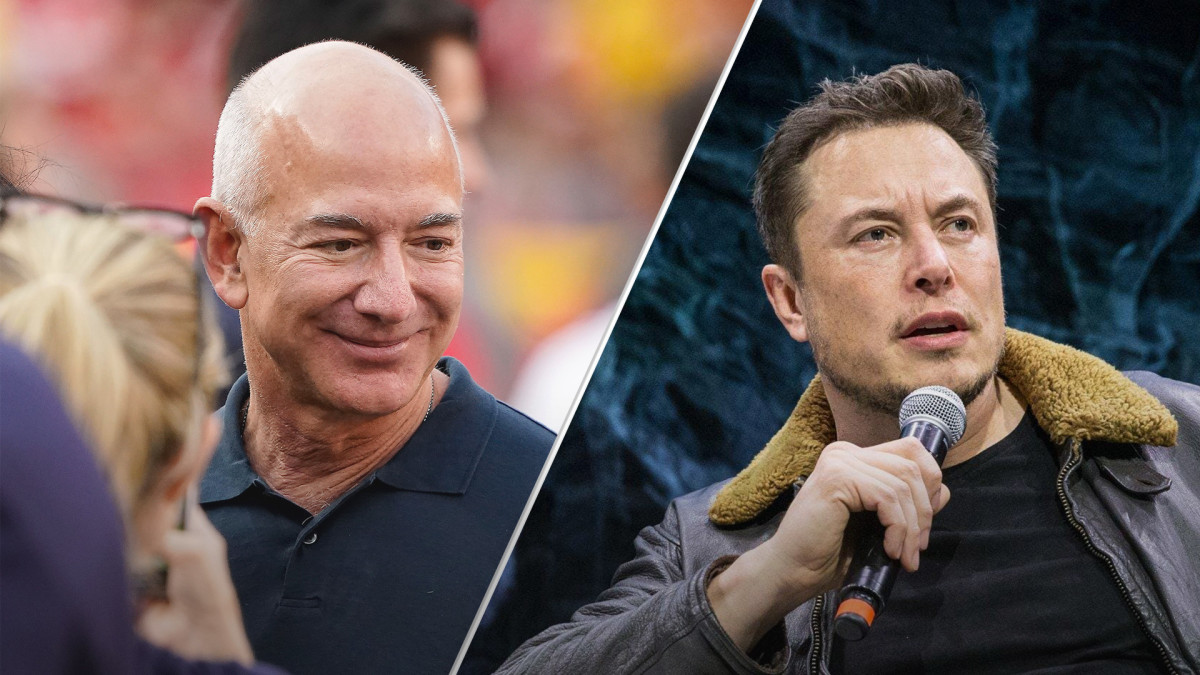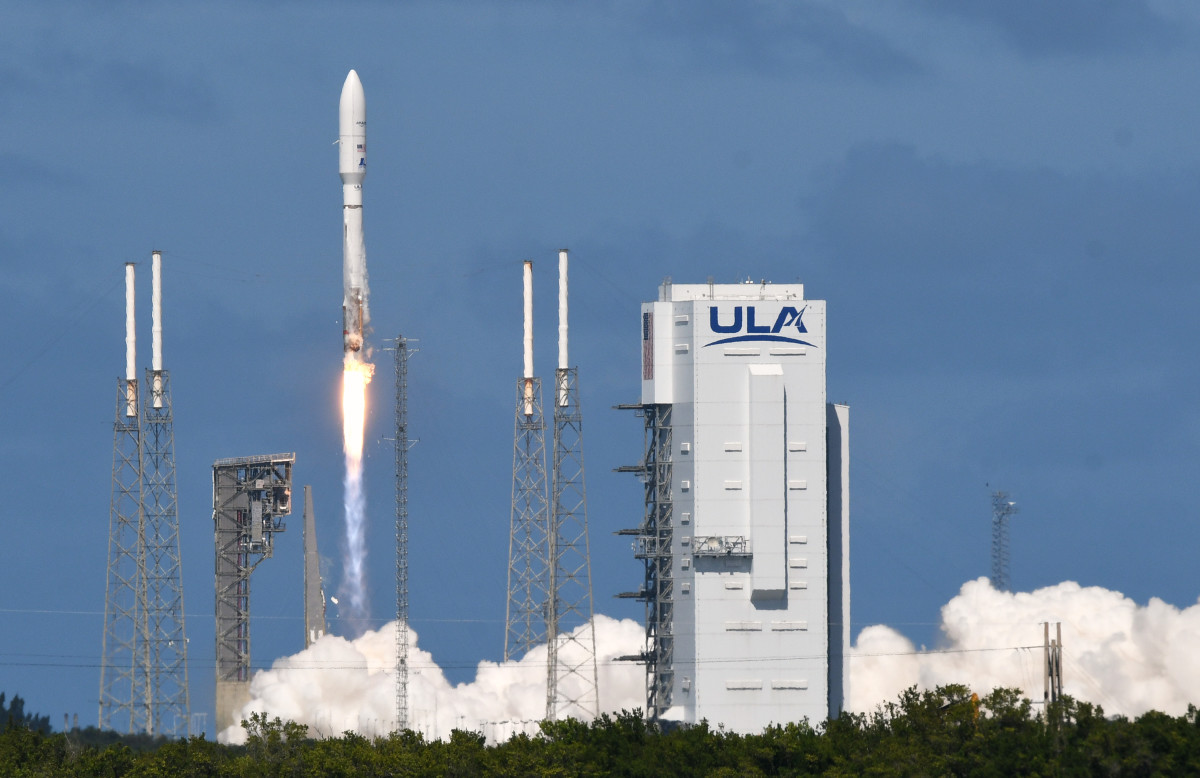
Amazon (AMZN) -), in an effort to expand the speed of its Project Kuiper satellite network deployment, said in a Friday statement that it had signed a contract with Elon Musk's SpaceX for three Falcon 9 satellite launches.
The tech giant said that the SpaceX missions — which come in addition to the 77 total launches Amazon previously procured from Arianespace, Blue Origin and United Launch Alliance (ULA) — are expected to begin in 2025.
Related: Jeff Bezos targets Friday satellite launch in move against Elon Musk
Project Kuiper, which Amazon has been working on for more than five years, refers to the company's planned broadband internet satellite constellation.
It serves in effect as Amazon's answer to SpaceX's Starlink.
Project Kuiper, an Amazon project, is separate from Blue Origin, a SpaceX competitor founded by Bezos.
Amazon on Oct. 6 launched two prototype Kuiper satellites on the back of a ULA rocket. The company has since said that the mission was a 100% success.
“Kuiper was an idea on a piece of paper a few years ago, and everything we’ve learned so far from our Protoflight mission validates our original vision and architecture,” Rajeev Badyal, vice president of technology for Project Kuiper, said in a statement.
“We still have a lot of hard work ahead, and scaling for mass production won’t be easy," he added.
The company plans to operate an initial constellation of 3,236 satellites and expects to begin early customer pilots of the service in the latter half of next year.
Amazon plans to initiate full-scale deployment of the constellation in the first half of 2024 — the company's Federal Communications Commission license requires that at least half of the constellation be deployed and operational by 2026.
Related: Jeff Bezos' Blue Origin is purposefully lagging behind Elon Musk's SpaceX
Still, Amazon's push into broadband satellite internet service heavily lags behind SpaceX's efforts. The company currently operates a constellation of more than 5,000 Starlink satellites, with approval to operate 12,000 and plans to launch more than 40,000 satellites.
Musk's ownership over the constellation, and the geopolitical power it has granted him, has sparked criticisms of Musk's global influence.
Starlink generated $1.4 billion in revenue in 2022.
Musk, apparently, doesn't mind the competition.
"If there was a button I could press that would delete Blue Origin, I wouldn’t press it," Musk said at the DealBook Summit last week. "Nothing any of my companies have done has been to stifle competition."

"In fact, we’ve done the opposite," Musk said, highlighting the fact that SpaceX doesn't use patents and Tesla open-sourced its patents several years ago.
"I actually agree with a lot of Jeff’s motivations," he said. "I think it’s good that he’s spending money on making rockets too. I’d suggest perhaps he spend more time on it, but it’s up to him."
After receiving FCC approval for Kuiper in 2020, Amazon said that it would invest "more than $10 billion" into the project.
Amazon shares, up more than 70% for the year, fell more than 2% Monday morning.
Contact Ian with tips via email, ian.krietzberg@thearenagroup.net, or Signal 732-804-1223.
Related: SpaceX slams report implicating it in a potential threat to 'people on Earth'
Get exclusive access to portfolio managers’ stock picks and proven investing strategies with Real Money Pro. Get started now.







